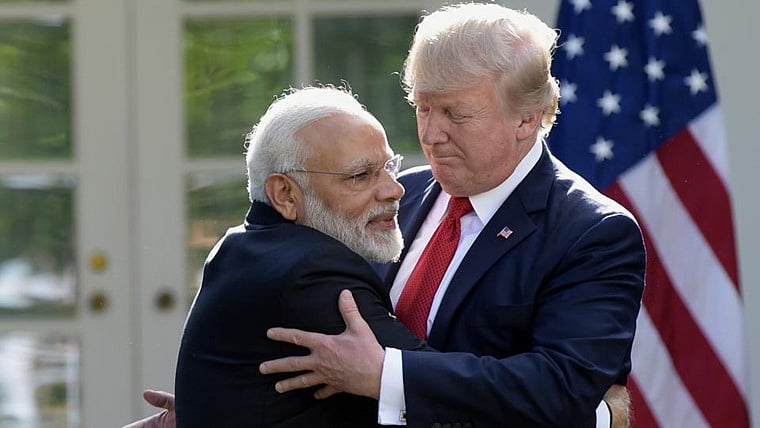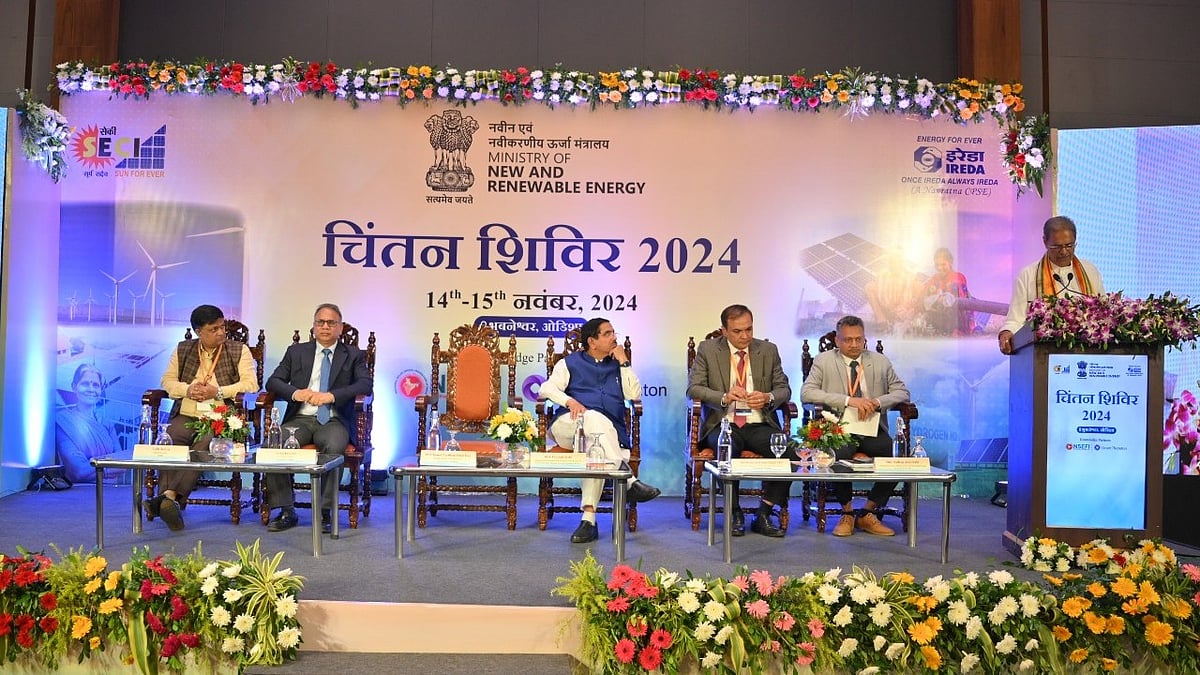Mumbai/Gandhinagar: India has another niggling worry: it stems from the drone attack on the Aramco refinery in Saudi Arabia. The country must factor in imponderables involved in the drone attack to lay a realistic security blueprint for industrial installations on the western coast. What has heightened the sense of alarm is that the Saudi Arabia oil installation had a state-of-the-art American security cover which was obviously breached when the oil major was hit.
Considering that almost 70 per cent of India's domestic crude is produced by oil fields that dot the western coast – mostly on the Mumbai and Gujarat coastline – not to forget half a dozen refineries and petroleum/gas processing units, a copycat attack could have grave implications for the economy.
Experts told FPJ that unless there are eyes in the sky to reinforce the existing security apparatus on the ground, it appears we are as vulnerable, if not more, than the Saudis, when it comes to annulling military-grade drone strikes.”
A top source in the defence establishment told FPJ that we have to immediately ‘‘gear up for the clear and present danger, in view of the tendencies of our N-capable and hostile western neighbour.’’
Only satellite surveillance, backed by a co-ordinated command -- comprising in-house security at the facilities and presence of uber-grade air-defence system -- could possibly thwart the predatory airborne strikes by precision-guided drones or Unmanned Aerial Vehicles, sources pointed out.
At present, the security at oil facilities on the western coast, handled by the Central Industrial Security Force, appears calibrated to preventing ground attacks and ensuring peripheral surveillance, while the heavens above remain unguarded and vulnerable.
“Basically our force is trained and equipped for countering threats on the ground. Our drill does not include retaliation for predatory Airborne attacks, which took Saudi Arabia napping despite an air force shield,” a top CISF functionary told FPJ while requesting anonymity as he is not authorised to speak to media.
CISF commandos are deployed across refineries in Maharashtra — BPCL and HPCL at Trombay and Reliance in Jamnagar-- apart from the ONGC processing unit at Uran in Navi Mumbai. Only last month, an armed contingent of around 100 CISF commandos had taken over counter-terror security duty at Nayara Energy Ltd (formerly Essar Oil), the second largest single-site oil refinery in the country at Vadinagar in Jamnagar district.
The CISF seems to be sitting tight over the government policy that prohibits unauthorised use of drones in the country, little realising that threats don't emanate from an authorised source. “In case of any airborne threat, we will seek help from other stake holders like the air force or the local police,” a senior CISF official said. The Navy and the Coast Guard look after the safety of the ONGC platforms at Bombay High. The off-shore rigs, located 165 nautical miles off the Mumbai coast, have a combined capacity of 205,000 barrels of crude per day.
While the paramilitary deployment at the on-shore facilities appear to be ill-prepared for a predatory aerial strike, the off-shore ONGC platforms seem to be better off, having been covered by a three-tier security layer—Coastal police, Coast Guard and the Navy. “The platforms are guarded 24x7 by small patrolling boats and supply vessels while the warships patrol in a spread-out area in the deep sea. They maintain constant air (or underwater) surveillance.
Drones and aircraft conduct routine surveillance of the area which falls under the area of interest,” defence sources said. Moreover, a regular audit of the surveillance and preparedness of the three coastal security wings is carried out during the bi-annual “Sagar Kavach” operations.
Last month petroleum giant, Reliance announced a deal with Aramco, proposing to sell 20 per cent in its oil and chemical business for an enterprise value of 75 billion. RIL’s own refinery near Jamnagar on the Saurashtra coast is the world’s largest refining hub. Also on the same coast at Vadinar in Saurashtra is Rosneft owned second largest single site state of the art petroleum refining complex with a capacity of 20 MMTPA alongside a port and a captive power plant.
These two may be the crown jewels but there are numerous other industrial complexes that dot the coastline. Any harm to these valuable assets would cause a major setback to industrial development of the country. “We are aware of the strategic importance of this coastline and it remains a key component of the Indian security grid”, said a highly placed Gujarat official, who did not want to go on record for obvious reasons.
It was only late last month that intelligence inputs were received from the Coast Guard that Pakistan trained commandos are likely to infiltrate through Kutch in a bid to harm naval and industrial interests. As is customary, a maritime alert had been sounded and security at ports and other installations had been tightened. This was based on information that the neighbouring country was training terrorists for an underwater attack.
By Debashih Panigrahi/ R. K. Misra












